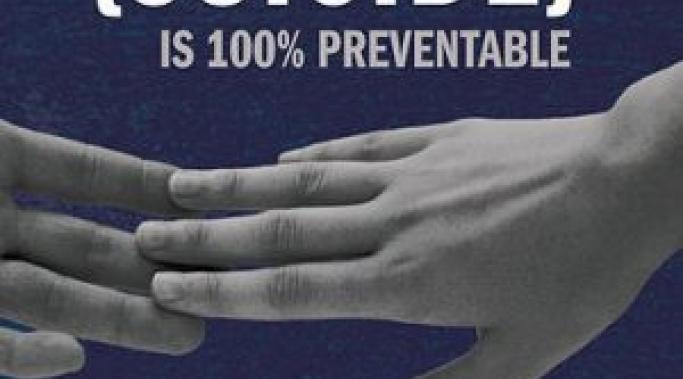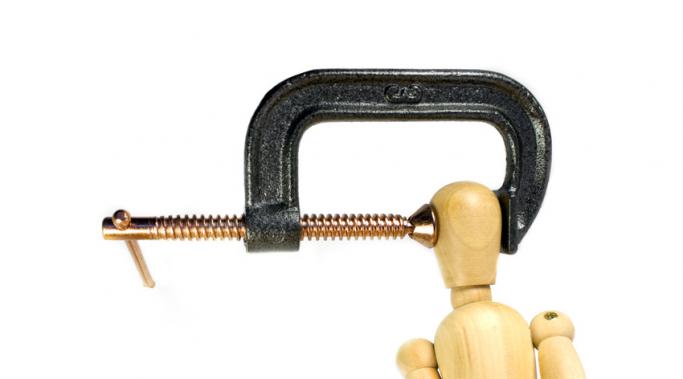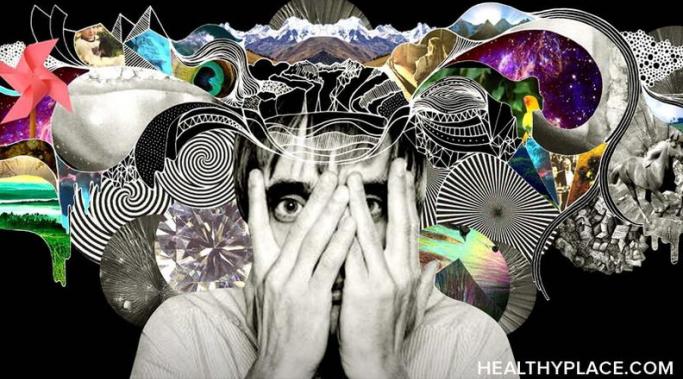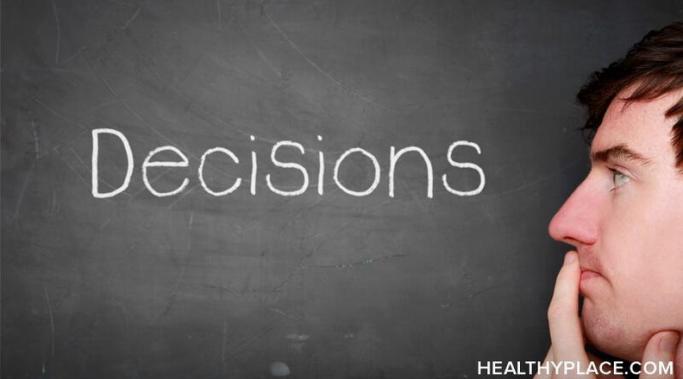If there’s one thing to remember about psychiatric (psych) meds it’s that you need to take them and you need to take them on time. This is because medication puts chemicals into your bloodstream and in order to keep a consistent level of these chemicals in your bloodstream, you must take the drug as prescribed. This is particularly critical in bipolar disorder as it’s easy to become unstable with an uneven level of psych med in your blood.
But we’re all human. We all mess up and forget things and we all miss a dose from time to time. So how do you handle missing a dose of a psych med?
Bipolar Treatment – Breaking Bipolar
Recently suicide threats are on my mind as I had to deal with a very serious one last week on Facebook. There are two things that shock me about suicide threats online:
People usually ignore them.
Some (depraved) people actually egg the suicidal person on.
Now, I won’t go on about how deplorable it is to egg on another person’s suicidal ideation or threat, but I do want to discuss why people ignore suicide threats.
Hi. My name is Natasha and I have bipolar disorder. In fact, I have had bipolar disorder for at least 14 years. And many of those years I spent not really getting better.
Much to the chagrin of the doctors and those around me. After all, if I was taking pills, seeing a psychiatrist and psychologist, shouldn’t my wellness be just around the corner?
Sometimes I felt pressured to just say “yes, I’m feeling better,” when that wasn’t the truth of the matter at all.
I have been seeing a psychiatrist for about 14 years now. There have been many different individuals, but I’ve been seeing one or another for most of that time.
And in all of that time I’ve noticed something – I get anxious before a psychiatric appointment. Even though I’ve been doing this seemingly forever, when it actually comes time to sit in the waiting room and then be taken to the tiny room with the dingy paint, I feel anxious.
I have not done a book review on here but that’s because I don’t tend to read help books on bipolar disorder – I write that material, not read it. But recently one such book has landed in my possession and I’d like to take the time to recommend it: Loving Someone with Bipolar Disorder – Understanding and Helping Your Partner (second edition) by Julie A. Fast and John D. Preston, PsyD.
People often ask me how to help others with bipolar disorder and I believe this book could help partners answer that question.
In spite of what some people would have you believe, I’m not actually the biggest fan of pharmaceutical companies. None of them are champions in my book. These companies only care about one thing – making money. And they will do whatever they think they can get away with to make that happen.
Now, that doesn’t mean that I don’t need and use their products, because I do, but I harbour no false illusions about who it is I’m in bed with.
And while I do believe that pharmaceutical companies have cleaned up their act a lot in terms of incentivising prescriptions of medication and I think doctors have done a lot to reject drug company incentives, let’s face it, drug companies will still market any way they can because that’s their job – to sell product.
And when drug companies step out of line, illegally market their drugs and fail to report proper safety data, I want their hand slapped – hard. And $3 billion dollars just isn’t going to do it.
This article is a continuation from Multi-Polar - The Many Moods of Bipolar Disorder part one.
I use the word “doctor” quite liberally and often use it interchangeably with “psychiatrist.” The reason is quite simple – psychiatrists are, in fact doctors, they are just specialists. Yes, that’s right, your psychiatrist has all the rights and privileges that any other doctor has and could probably remove your spleen, if the occasion called for it.
Nevertheless, there are some crucial differences between “doctors” in general and “psychiatrists” in particular. And sometimes you need a psychiatrist and sometime any old doctor will do. So how do you know if you need a psychiatrist?
One of the challenging things about being a person with a mental illness who talks about psychiatry (and doesn’t hate it) is that all those people who do hate psychiatry perk up and get mad. These people often identify as “antipsychiatrists” and I’m not their biggest fan. While I consider it quite reasonable to question your doctor, psychiatrist, treatment, therapist and other treatment aspects, I consider going after an entire branch of medicine ridiculous. There is no “antioncology” faction in spite of the fact that a large percentage of people with cancer die (depending on the type, of course).
And this manifests in many of our lives. It’s not that antipsychiatrists just attack me; it’s that people of that mindset attack your average person who is just trying to deal with a mental illness. It’s the people who say, “mental illness doesn’t really exist” or “psychiatric medicine doesn’t work” or many other things that many of us hear online and in our real lives all the time.
So how do you talk to these people who have decided that your disease doesn’t exist and you shouldn’t be in treatment?
Earlier this week I wrote a piece about being scared of trying antidepressants and as one commenter pointed out, there are increased risks associated with treating a person with bipolar with antidepressants. In fact, some would say that treating a bipolar person with antidepressants can worsen the course of the illness (always contraindicated as monotherapy and possibly undesirable altogether). Now, when I wrote the article I was only thinking of unipolar depressives, but, as one commenter pointed out, being diagnosed, correctly, with bipolar disorder, in itself, can be a challenge.
And this is absolutely true. Studies have found that it takes 5-10 years (from the time of the first episode) for a person with bipolar disorder to get an accurate diagnosis. There are many reasons for this, predominantly that people don’t get help when they have their first episode, but a major contributing factor is also misdiagnosis. People with bipolar disorder are often diagnosed with depression or schizophrenia first and this can have devastating outcomes.
![MP900337265[1]](/sites/default/files/styles/blog_listing/public/uploads/2012/08/MP9003372651.jpg?itok=Q8RFhXjw)


![MP900444553[1]](/sites/default/files/styles/blog_listing/public/uploads/2012/07/MP9004445531.jpg?itok=GnVkuGu7)


![MP900285007[1]](/sites/default/files/styles/blog_listing/public/uploads/2012/06/MP9002850071.jpg?itok=jA3ISj4_)
